
Question and Answers Forum
Question Number 156951 by mr W last updated on 17/Oct/21
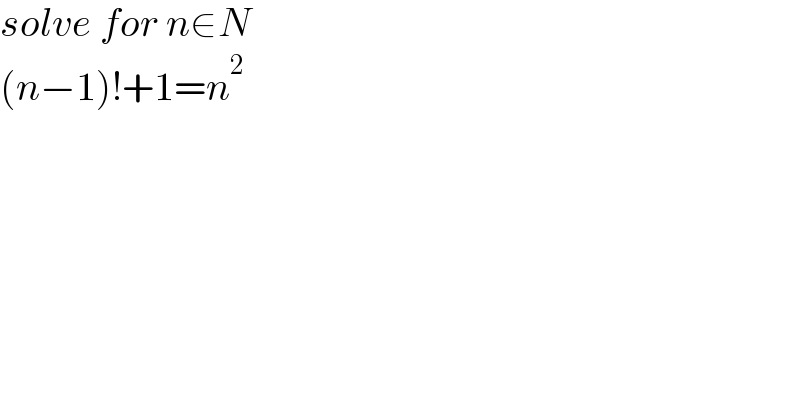
Commented by mr W last updated on 17/Oct/21

Commented by Rasheed.Sindhi last updated on 17/Oct/21
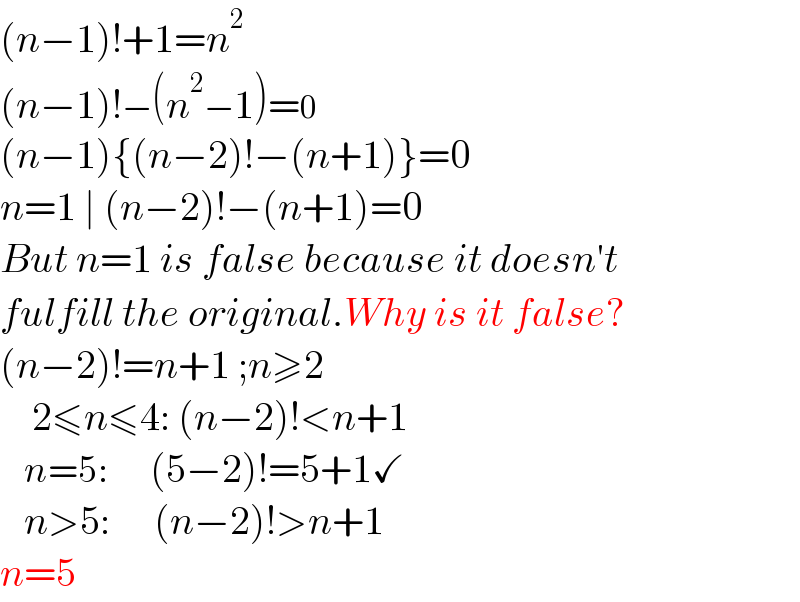
Commented by Rasheed.Sindhi last updated on 18/Oct/21
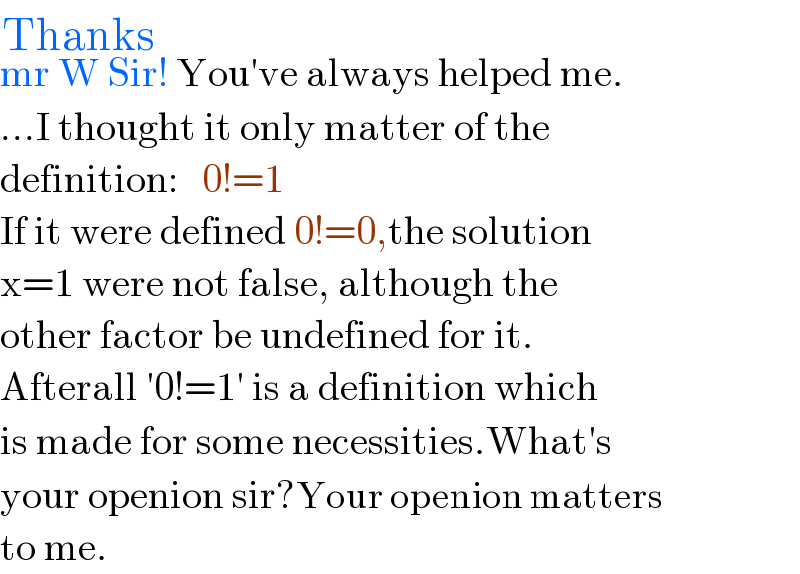
Commented by mr W last updated on 18/Oct/21

Commented by Rasheed.Sindhi last updated on 18/Oct/21

Commented by mr W last updated on 18/Oct/21
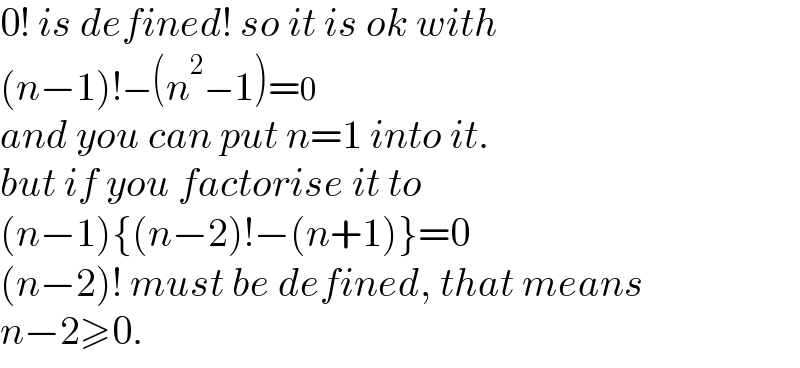
Commented by Rasheed.Sindhi last updated on 18/Oct/21
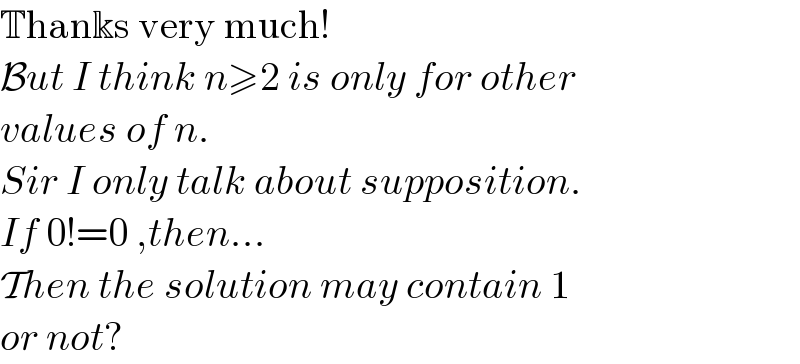
Answered by mindispower last updated on 17/Oct/21
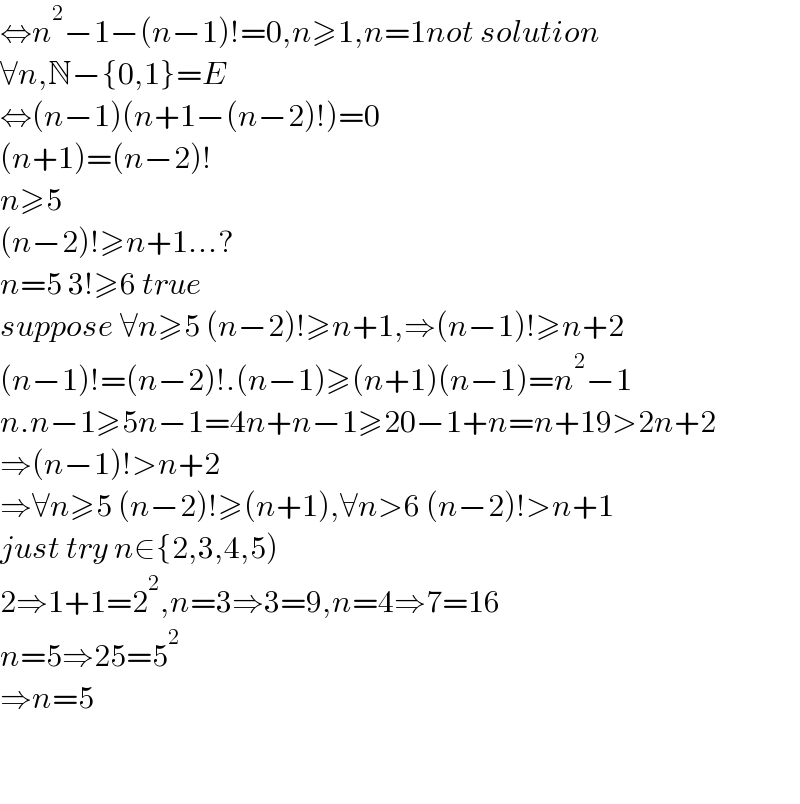
Commented by mr W last updated on 17/Oct/21

Commented by mindispower last updated on 18/Oct/21

